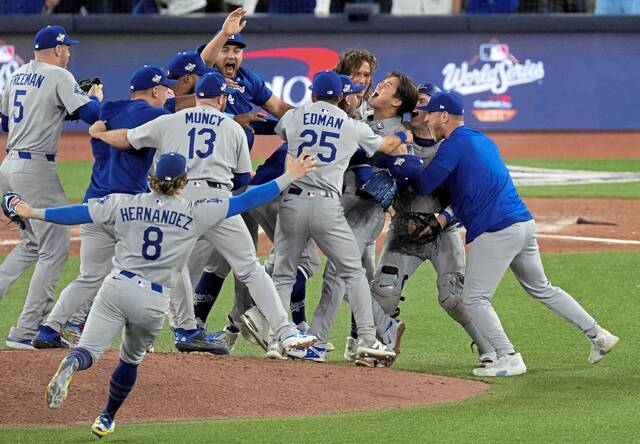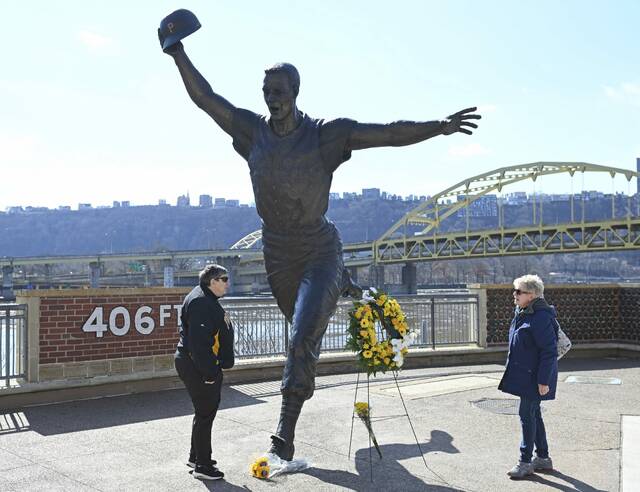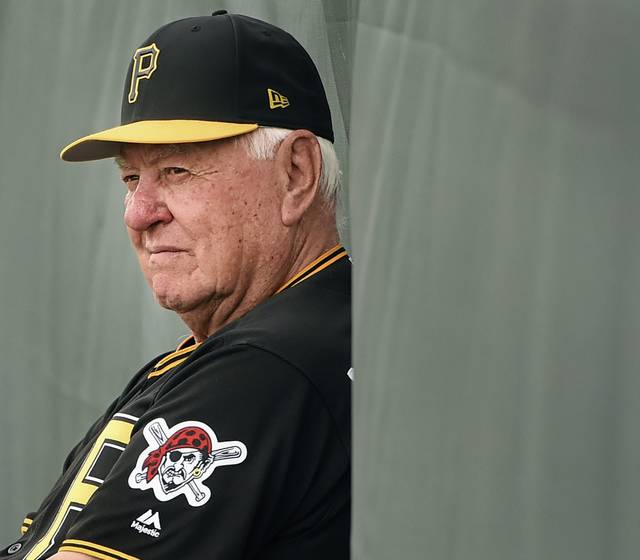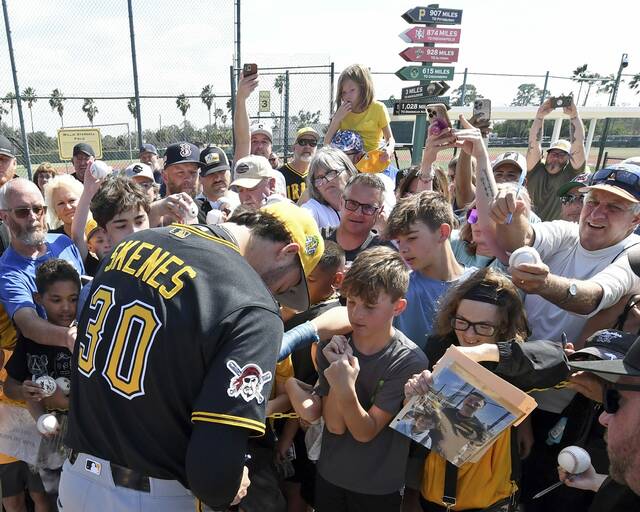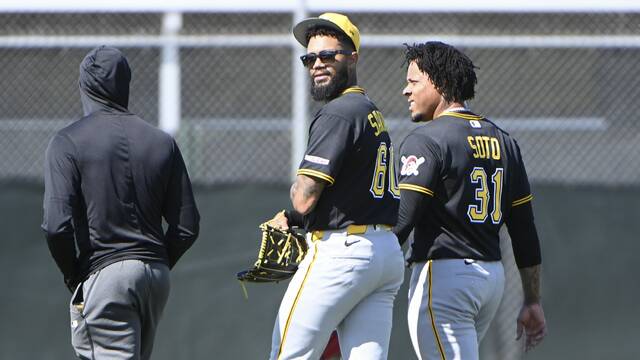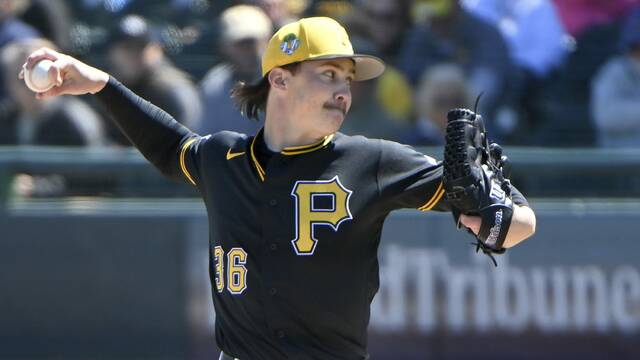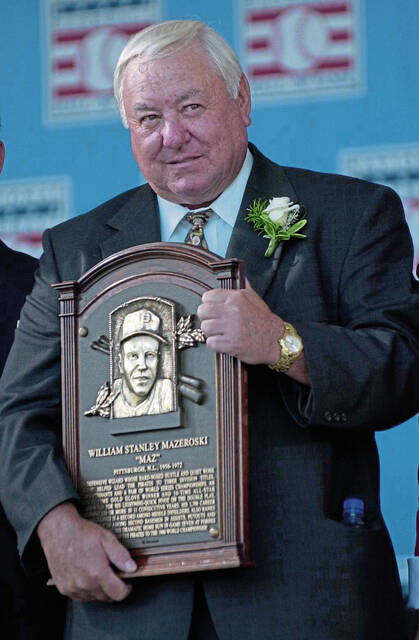In the wake of Los Angeles’ second straight World Series win, we’re being told the Dodgers “bought” victory.
Well, of course they did. Their payroll was $350 million this season, $266 million in 2024.
But Toronto tried its best to do the same. The Blue Jays paid their players $255 million. The notion of them as poverty underdogs is laughable.
The Dodgers’ outlay ranked first this season, but the Blue Jays’ expenditure was a sturdy seventh.
The usual suspects are bleating that MLB is “broken.”
MLB sure doesn’t think so. Nor do its broadcast partners and advertisers.
The World Series pitted the United States’ No. 2 market against the entire country of Canada. The presence of Shohei Ohtani and Yoshinobu Yamamoto on the Dodgers provided global appeal. Excluding the involvement of a New York team, MLB couldn’t have picked a better World Series matchup.
The series went a lucrative seven games, enabling Fox to generate more than $330 million via in-game ad revenue.
Through Game 5, Fox averaged 13.1 million viewers per game. Sportsnet in Canada averaged 6.4 million per game.
Add in Japan, and those figures skyrocket further. Game 1 had the largest combined audience for America, Canada and Japan since Game 7 of the 2016 World Series.
We’re awaiting the numbers from Games 6 and 7, which will be mammoth.
It was a great, dramatic World Series that will be talked about for a long time. Does that sound “broken” in even any small way?
Do you think, in the interest of “fair,” that MLB would rather have, say, Cleveland and Milwaukee in the World Series?
Cleveland and Milwaukee don’t count, not really.
Pittsburgh absolutely doesn’t. The Savannah Bananas mean more. (And drew more fans to PNC Park.)
A big-market, big-money World Series is exactly what MLB wants.
That World Series is exactly what MLB wants.
MLB is exactly what MLB wants.
Baseball might feel “broken” in places like Pittsburgh. But in the real world, it’s thriving.
What a Game 7.
Home run in the ninth to tie it. Home run in the 11th to win it. (But nobody walked it off. The sole distinction of a walk-off Game 7 homer belongs to the Pirates’ Bill Mazeroski in 1960. It remains the greatest home run of all time.)
A fat guy hit into a double play to end it.
Yamamoto pitched on consecutive days, throwing 130 pitches to win Games 6 and 7. His arm didn’t fall off. Yamamoto stole the spotlight from Ohtani.
An entire country’s spirit got crushed. Hopefully, the NHL’s Canadian teams can do that again come springtime.
It wasn’t the greatest World Series ever. That’s recency bias.
But it was darn good.
Baseball has another great battle coming up.
Not in next year’s World Series. In MLB’s CBA negotiations. The CBA expires Dec. 1, 2026. The negotiations will be akin to Stalingrad.
MLB and its owners will push hard for a salary cap. The players will resist mightily.
The intramural clash between the owners will be unusual.
Contrary to previous skirmishes of this ilk, the rich owners will want a cap. They know payrolls are out of control and want cost certainty.
The poorer owners will resist. They don’t want to be required to spend to the salary floor that accompanies a cap. (See Nutting, Bob.)
As a longtime MLB cynic, I’m looking forward to a lengthy labor stoppage.
The only thing better than the baseball we saw in the World Series would be no baseball.


